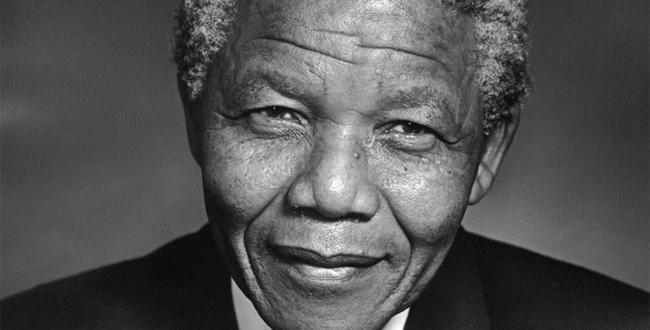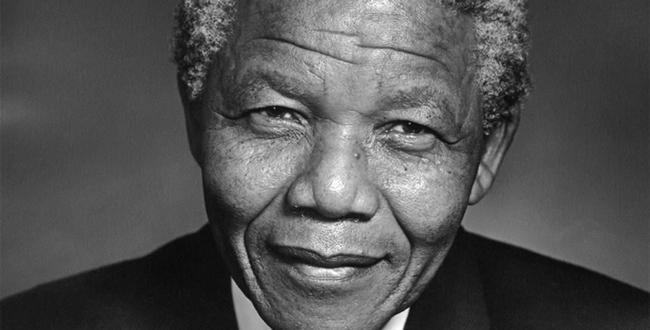Like most people across the world, I was saddened to hear the not entirely unexpected news of Nelson Mandela’s passing. I don’t feel qualified to write a eulogy for him; all I can do is recount how he shaped my life.
I was too young to really appreciate his legacy at the time. In the 80s, I remember “End Apartheid” apparel and stickers and songs. In fact, I think I had my own shirt, but I didn’t truly appreciate what it meant and what Mandela’s role was in all of it until I got a little older.
When I learned what Apartheid was, besides a catchy slogan, I was shocked. It was difficult to wrap my mind around the fact that, in my short lifespan, racial segregation not only existed, but was state sanctioned.
I grew up in Detroit, a racially mixed city. Some could argue that most black people lived in the inner city and most white people lived in the outer city, therefore, it was racially segregated, if not officially. I didn’t see it that way. I was a blonde white girl in the mostly black inner city. My neighbors were black. My friends at school were black. I never really thought of race as a thing. It didn’t matter to me or my friends.
Apartheid made me uncomfortable. It was the first of many times that I felt ashamed of my race. Throughout history, white people have done some awful things. Apartheid was just one of them, and at the time, it was still happening. White is the skin color I was born with, whether I wanted it or not, and I didn’t want those actions to reflect on me. It was the first time of many that I felt apologetic for being white.
Racism is learned. We are not born with it. Have you ever seen a white toddler recoil from a black one because of the color of their skin? No, you haven’t because children don’t see color; they just see other children. Racism is taught or learned or experienced and that only makes it that much sadder and more disgusting.
Nelson Mandela spent twenty-seven years in prison for daring to disagree with state sanctioned racism. South African people were not allowed to utter his name lest they end up where he was. If most of us were imprisoned for our beliefs for twenty-seven years, we might come out of prison angry or bitter, but not Mandela. He stepped out into freedom with forgiveness.
Mandela effectively ended Apartheid. He became the first black South African President. He was beloved worldwide by non-assholes everywhere. He was calm and charming and treated everyone, even strangers, as old friends. He had a candid smile and wise, friendly eyes.
His legacy, which is fearsome to behold, is one thing, but I am also saddened by the loss of a genuinely good man. They seem to be so rare these days. It would be nice if we didn’t need men like Mandela anymore, because everyone was considered equal in the eyes of humanity and the law, but the struggles are far from over. Men like Mandela are needed as much as ever.
To quote President Barack Obama on Mandela; “We will not likely see the likes of Nelson Mandela again, so it falls to us as best we can to forward the example that he set; to make decisions guided not by hate, but by love; to never discount the difference that one person can make; to strive for a future that is worthy of his sacrifice.”
Never discount the difference that one person can make.
I am saddened to lose one of my last remaining personal heroes. Thank you, Mr. Mandela. Your actions, courage, kindness and legacy will long outlive you.

Image from guardianlv.com







